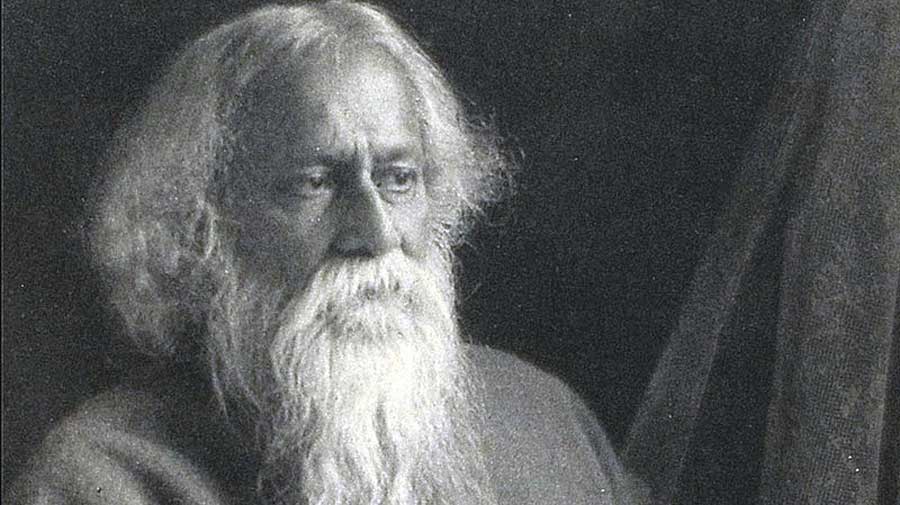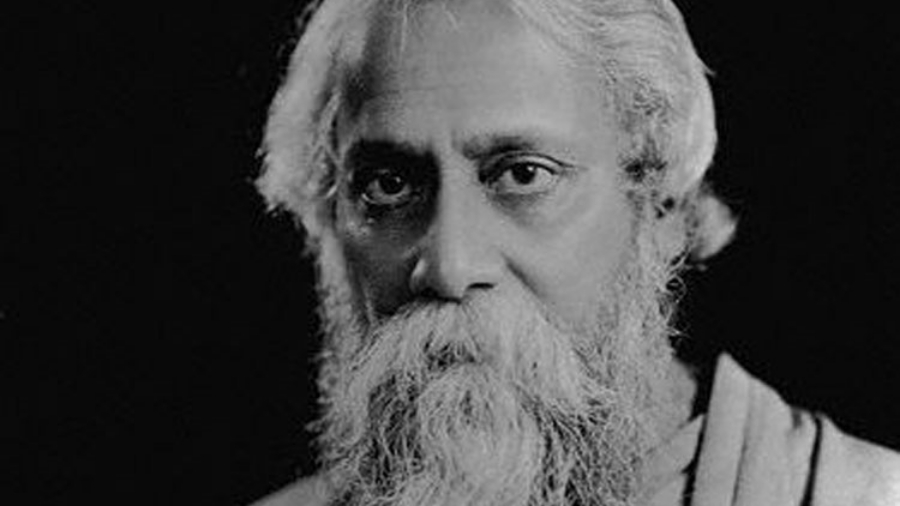Faith can move mountains. The Bharatiya Janata Party’s faith in its ability to deepen its roots in Bengal’s political soil has, naysayers would argue, now brought about a tectonic shift in the birthplace of Bengal’s foremost icon, Rabindranath Tagore. The official Twitter handle of the state unit of the BJP recently declared Visva-Bharati, the university that the poet set up, to be the birthplace of Tagore. Of course, none can blame the BJP for trying to prove its son-of-soil credentials in poll-bound Bengal. An organic connection between a political party and the people of a state is known to generate favourable political capital. The Shiv Sena’s hold on the Marathi manoos in Maharashtra, or the electoral success of the two principal Dravidian parties in Tamil Nadu, can be attributed to these political formations being seeped in specific cultural ecosystems. The BJP’s desperation to prove its indigeneity may have something to do with its discomfort with the charge levelled by the ruling Trinamul Congress that the BJP remains unfamiliar with Bengal’s ethos and consciousness. The accusation cannot be dismissed easily. Even though it is true that the Bharatiya Jana Sangh, the BJP’s political ancestor, was founded by a Bengali — the BJS also won parliamentary seats in Bengal — the BJP had not been able to cash in politically on this lineage. The demise of the Left Front and the signs of disaffection with Bengal’s ruling party have now kindled an interest within the BJP to try and belong to Bengal. But is the BJP truly at home in Bengal? Apart from displacing Tagore from Jorasanko, his bona fide birthplace, the BJP has also been credited with vandalizing a bust of Ishwarchandra Vidyasagar, yet another venerated figure in Bengal’s hall of fame. Brushing up on the state’s history — not the history that is peddled by the BJP — may help the party.
The culture war that is being waged in Bengal can be expected to intensify as the elections draw near. The sparring goes to show that India remains a federation of states that take great pride in their distinct histories and cultures. The BJP’s political ascendancy has sparked off increasing conflicts between a uniform, unilateral cultural and religious template and diverse regional ethos unwilling to cede their autonomy. An electoral verdict — no matter which way it goes — is unlikely to put an end to this skirmish.












